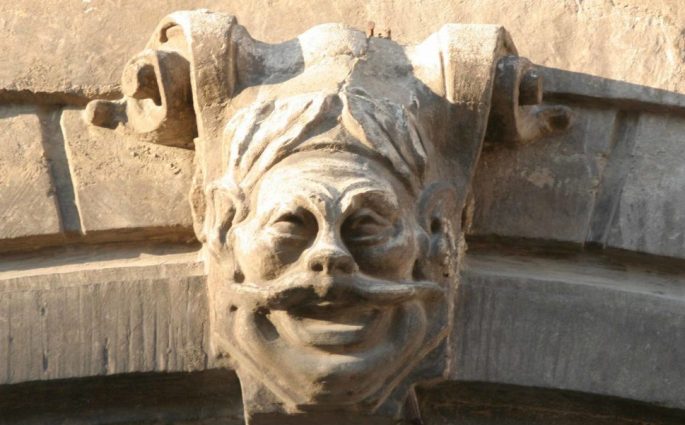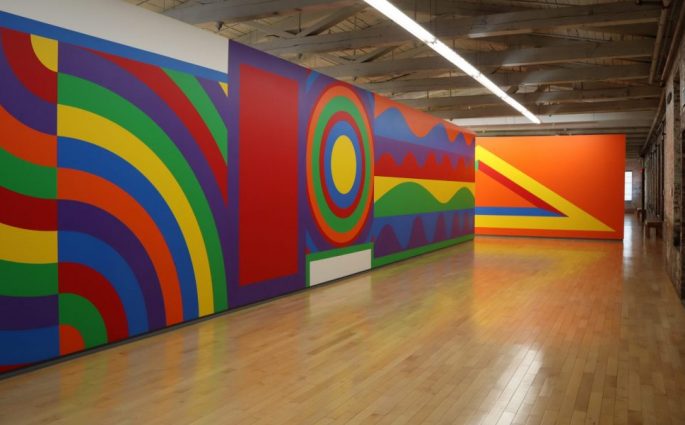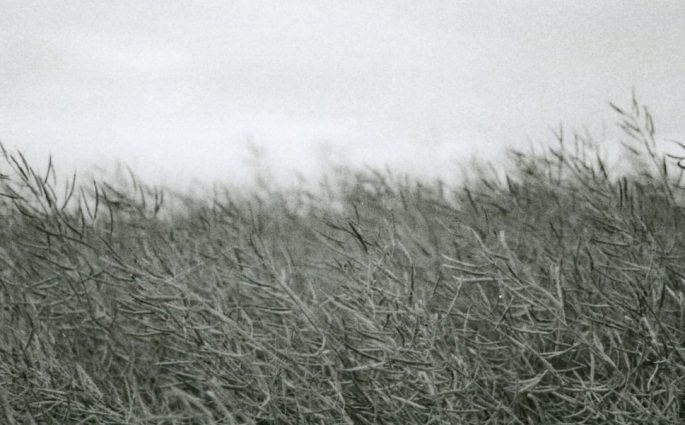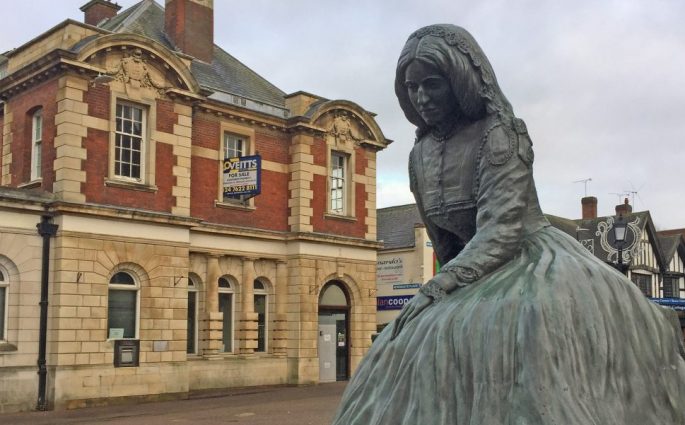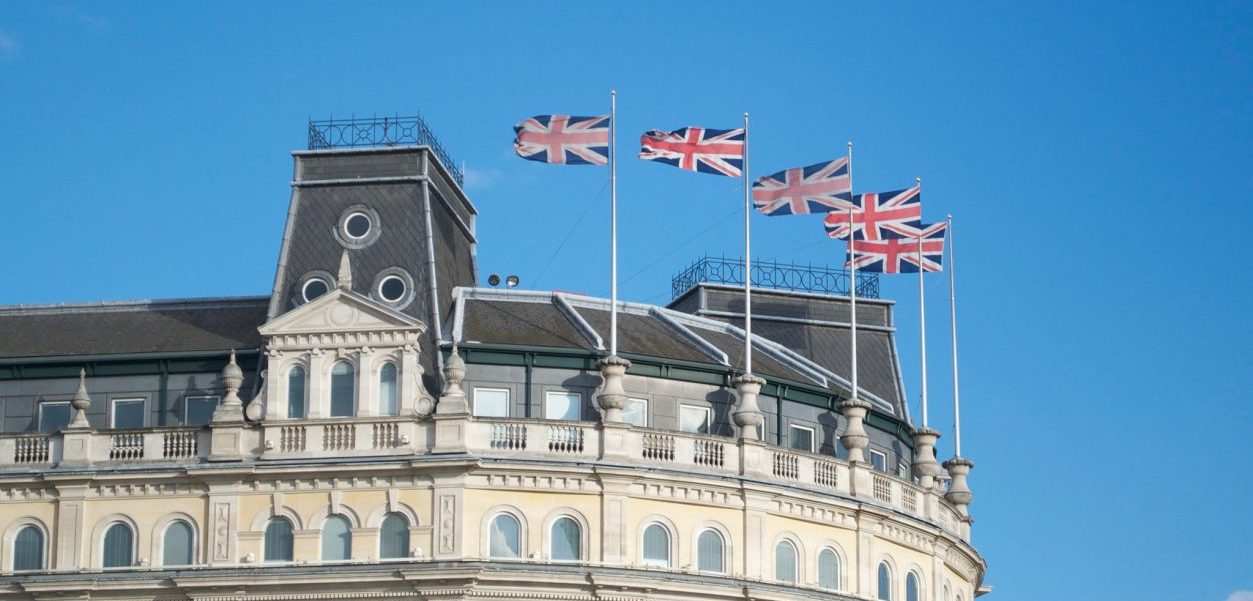A Poem for Spring
Spring officially arrived this past weekend, bringing with it the reminder that roughly one year has passed since the United States first entered lockdown. Maya C. Popa’s poem, “Spring,” recalls that initial period when time and season seemed to “persist” without us. It suggests the grief and isolation felt amidst



